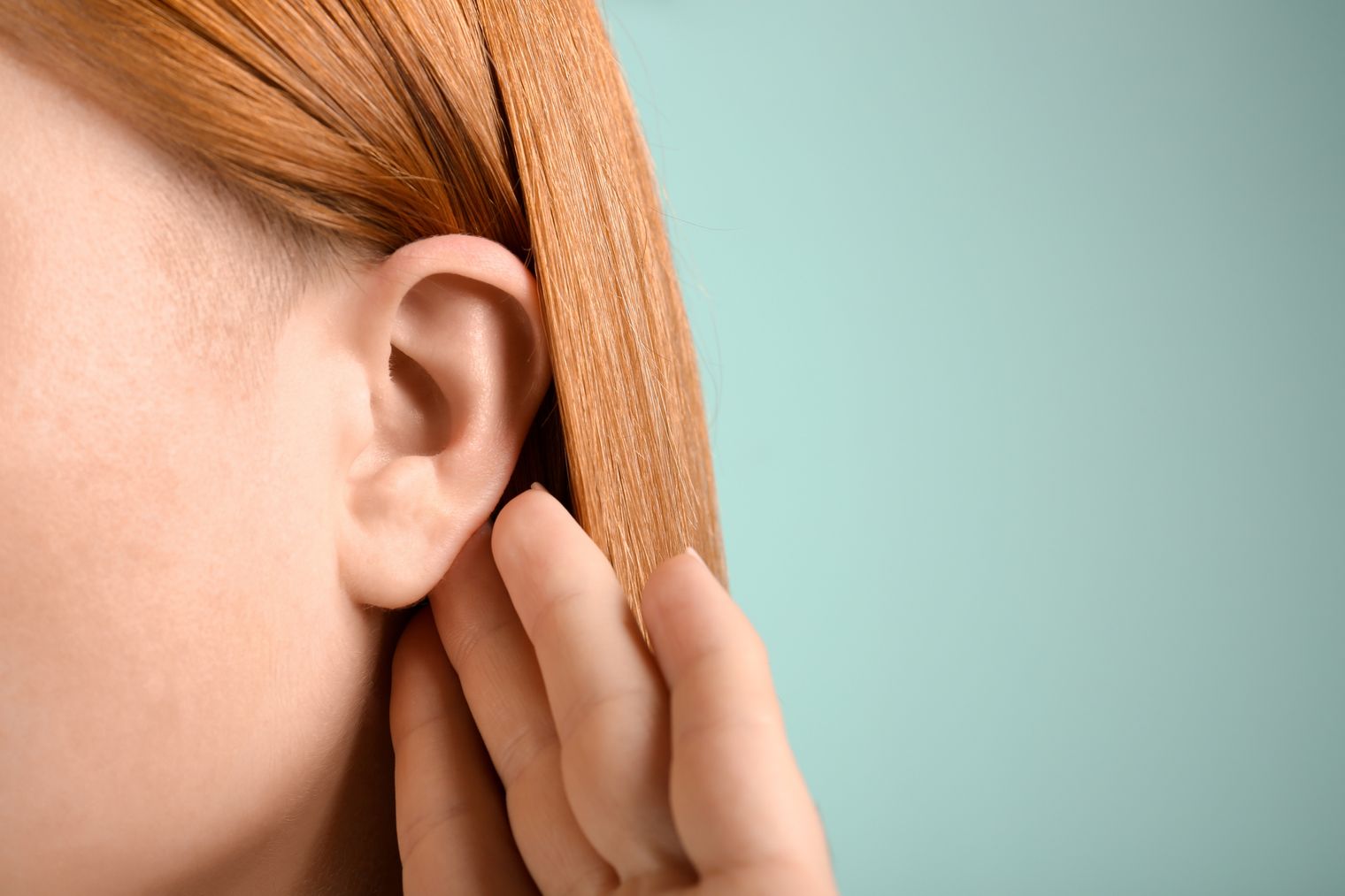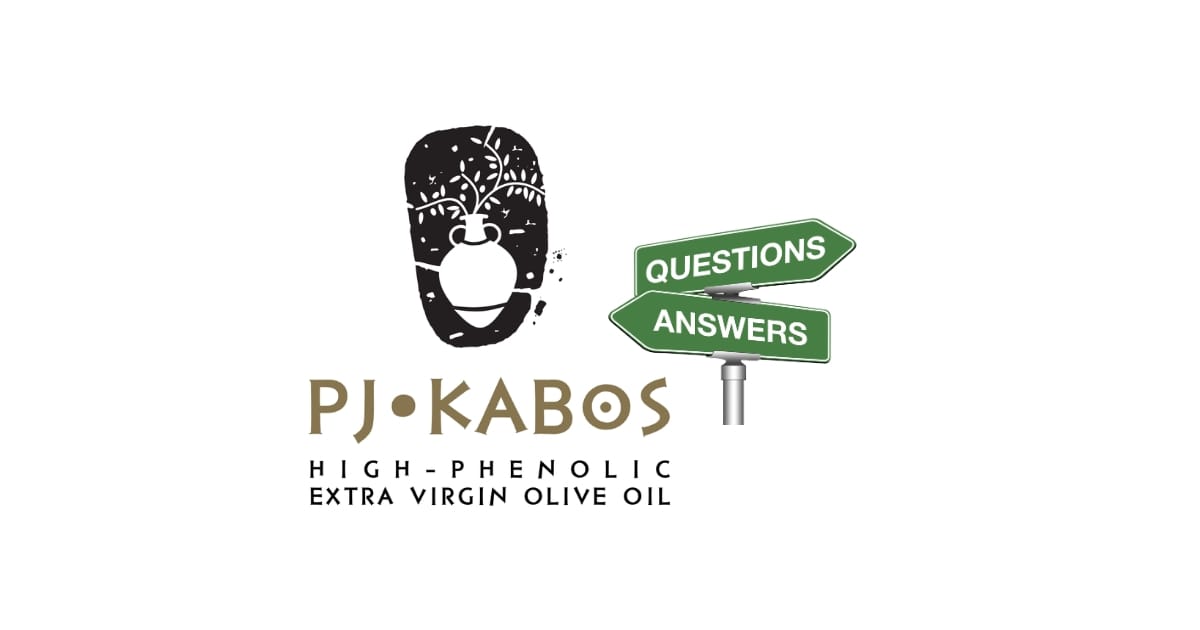Not only is olive oil a delicious, antioxidant-packed kitchen staple that’s great on pastas and salads, it’s an ultra versatile beauty treatment, too—you can use it in your skincare routine to hydrate dry skin and as a deep conditioning treatment to add some shine to dull or damaged locks.
And, as it turns out, olive oil may even deserve a spot in your medicine cabinet: Some people swear by olive oil to help clear out excessive earwax buildup and for ear infections.
But does it actually work? And is it safe to put olive oil in your ears? We break down everything you need to know about these two popular home remedies.
Can Olive Oil Help Clear Earwax Buildup?
The short answer here is maybe.
Earwax (a.k.a. cerumen) is naturally secreted by glands in your ear canal, which helps clean and lubricate your ears, and trap dust and other particles, according to the Mayo Clinic. Typically, ear wax gradually makes its way to the ear opening and falls out, since your ears are self-cleaning. But earwax can build up and potentially block the ear canal for a few reasons:
- You may simply produce more wax than the average person
- You could also have abnormally narrow ear canals that get blocked by wax more easily
- If you try to clean your ears with a cotton swab like a Q-tip, you may actually be pushing wax in deeper, causing a blockage
- You wear hearing aids, which can stimulate ear wax production while simultaneously blocking wax from leaving the ear canal (double whammy!)
This annoying wax buildup can cause pain, mess with your hearing (and interfere with hearing aid effectiveness), ear aches, and ear infections. So you want to deal with it quickly! (Keep in mind, if you’re having really unpleasant symptoms, it’s always smart to call your doc.)
Adding several drops of olive oil to your affected ear is thought to soften earwax and help it come out naturally. But how effective is it?
Both oil-based (typically olive oil or almond oil) and water-based ear drop solutions (often containing sodium bicarbonate) have been recommended by some healthcare professionals for years for wax buildup, although research on their effectiveness is mixed. At least one study suggests that applying either type of drop for 5 days helps clear out earwax better than no treatment at all. The oil-based drops used in these studies likely contained additional ingredients, so it’s not clear how much of the benefit was due to the olive oil alone.
Another study, from 2013, found that participants who applied 0.05 ml of olive oil to one ear every night for 6 months actually had greater wax buildup in that ear than in their non-treated ear. However, the study also found that short-term use of olive oil (one application) right before a doctor removed the ear wax buildup, did make it easier to remove all the wax.
How to use olive oil for earwax buildup:
Results are a bit mixed on whether olive oil will actually help with earwax removal. But trying it out for a short period of time shouldn’t pose much of a risk as long as you do not have a ruptured eardrum (to be safe, clear it with your doc first, or consult an ENT specialist).
Using these steps (which are adapted from the UK’s National Health Institute, NHS), apply olive oil to your affected ear 1-2 times a day for up to a week:
- Add some high quality extra virgin olive oil to a dropper bottle; or add oil to a small bowl, but make sure you have a dropper on hand for easy application.
- Slightly warm the oil to around skin temperature (do not make it hot).
- Lie down on your side with your affected ear facing up.
- Gently pull the outer part of your ear back and up to “open” the ear canal.
- Using the dropper, release 2-4 drops of oil into the ear. No dropper? You can soak a cotton ball in olive oil and squeeze it over your ear to release the oil.
- Massage the skin that's in front of the entrance of the ear canal to help the oil work its way in.
- Remain lying down for a few minutes so the oil has time to penetrate the ear canal.
- Stand up and watch out for olive oil drippage!
If you’re not experiencing relief (or noticing wax elimination) after about a week, call your doctor. They can remove the wax by using a small curved instrument called a curet, flushing it out with warm water, or with gentle microsuction. You don’t want to self-treat with olive oil for too long, since it may contribute to wax buildup over time, as mentioned above.
Can Olive Oil Help Treat Ear Infections?
Once again, there’s no clear scientific consensus on olive oil’s effectiveness for treating ear infections, but some findings are promising.
The most common type of ear infection—acute otitis media (AOM)—occurs when fluid builds up in the middle ear, and its symptoms include ear pain, a feeling of fullness in the ear, and hearing loss. It is often caused by bacteria (usually Streptococcus pneumoniae), but can also be caused by viruses, according to the CDC. With viruses like colds, fluid builds up in the middle ear and then bacteria grows in the fluid which leads to AOM. Ear infections are much more common in children, but can occur in adults as well.
With AOM, doctors often recommend a “watchful waiting” approach, since your body can typically fight off the infection on its own, but if symptoms persist for several days, antibiotics may be necessary (so don’t hesitate to call your doc if things are really bad or not improving).
So where does olive oil come into the picture? It may be worth putting some DIY olive oil drops in your affected ear during your “watchful waiting” period. After all, extra virgin olive oil is unlikely to irritate the ear and it’s chock full of bioactive compounds, some of which have antimicrobial and anti-inflammatory properties, including hydroxytyrosol.
While doctors don’t necessarily endorse olive oil as a treatment for ear infections, well known pediatricians like Dr. Bill Sears, MD, along with the American Academy of Pediatrics, say that it may help alleviate the pain that accompanies ear infections—and that's great, since the pain is the worst part!
One study from 2003 found that ear drops made from olive oil and a combination of antimicrobial and anti-inflammatory herbs such as lavender, garlic, and calendula, helped reduce ear infection-related pain in children. Of course, the benefit likely came from the combination of olive oil and these herbs.
How to use olive oil for ear infections and earaches:
To use olive oil for ear infections—or, more specifically, for the pain associated with ear infections—use the same instructions listed above for applying the oil to your ear. Consider applying drops twice a day for up to 3 days, but be sure to call your doctor if symptoms don’t start to improve within that time, since you may need antibiotics.
Some people take things a step further and make garlic-infused olive oil ear drops, which have additional antibacterial and anti-inflammatory properties.
Here’s a quick how-to for garlic-infused olive oil ear drops:
- Add 1 crushed clove of garlic and 2-4 tablespoons of olive oil to a small pot or pan
- Set heat to low and warm the garlic and oil in the pan (don’t let it get hot or bubble)
- To help diffuse the garlic, swirl the olive oil around the pan until things get fragrant
- Remove the pan from the heat and allow your garlic oil mixture to cool
- Strain out the garlic solids and discard; pour the infused oil into a dropper bottle
Important safety note: Always refrigerate homemade garlic-infused ear drops, and use them up (or discard) within 3 days. Otherwise, harmful toxins could begin to accumulate, according to the International Association for Food Protection.
What Type Of Olive Oil Should You Use In Your Ears?
Extra virgin olive oil, hands down. This is the type of olive oil with the highest levels of antioxidants. Plus, extra virgin olive oil is never treated with heat or chemicals, so you can be sure that you’re getting a pure product.
Safety Precautions When Using Olive Oil For Ear Problems
While using olive oil in your ears is relatively harmless over the short-term, you do not want to use it if you suspect you have a ruptured eardrum. According to the Mayo Clinic, symptoms of a ruptured eardrum include ear pain that may subside quickly; mucuslike, pus-filled, or bloody drainage from your ear; hearing loss; ringing in your ear (tinnitus); a spinning sensation (vertigo); and nausea or vomiting that can result from vertigo.
Additionally, you never want to use hot olive oil in your ears—warm is fine, but hot oil can seriously burn your skin and damage your eardrum.
Finally, remember that olive oil isn’t a magic bullet for any medical condition. So if you have any concerns or adverse side effects, be sure to contact your doctor or a healthcare professional.
Product placement
PJ KABOS 'Family Reserve Organic - Medium'
High Phenolic and 2022 Gold-Award Winner.
Declared as 'One of the World's Best Olive Oils'.
Click here to shop.





